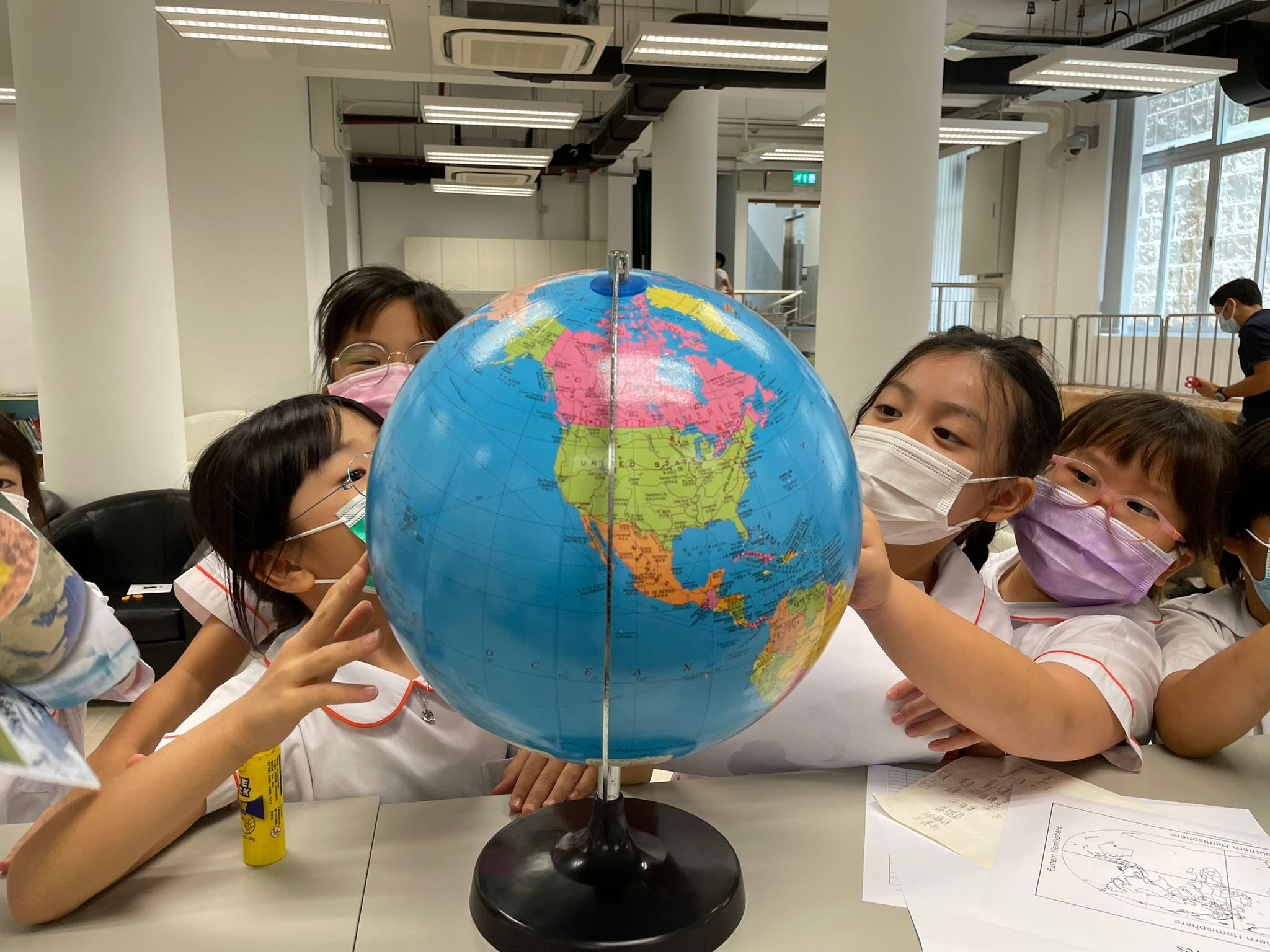Protecting our Common Home
Jaden Jude Justinian Ravindran
In his encyclical ‘Laudato Si‘, Pope Francis wrote, “Our common home is like a sister with whom we share our life and a beautiful mother who opens her arms to embrace us”. Throughout the encyclical, the Holy Father stresses the importance of the Earth to us and our responsibilities to protect and nurture it. Indeed, as far as science is concerned, at the moment, the Earth is the only planet that can sustain life in the universe, and yet, we are still destroying it by our irresponsible actions. But a glimmer of hope remains. Since the Second Vatican Council ended in 1973, most of the conciliar popes have greatly emphasized protecting the Earth and made it one of the duties of all Catholic Christians who called this planet home. Therefore, it cannot be denied that it is our responsibility and our duty to protect and safeguard this
God-given home. The Vatican and other political entities, most notably the United
Nations, are taking initiatives to protect and safeguard the environment and nature.
In 2015, all member states of the United Nations adopted the 2030 Agenda for Sustainable Development, which at its heart are the 17 Sustainable Goals (SDGs), a blueprint for peace and prosperity for people and the planet. These SDGs have played an essential role in protecting the environment. Therefore, this essay aims to discuss the notable SDGs critical towards life on earth and their effects on the spiritual life in a Catholic Christian framework.
The second and third SDGs set out by the United Nations are the reduction of hunger and thirst in all forms, respectively, which are essential forms of sustainability for people living on Earth. Indeed, especially during this season of Lent, we, as Catholics and Christians, are called to perform and exercise acts of charity, such as feeding the hungry and giving water to the thirsty, as highlighted by these SDGs set out by the United Nations. One cannot deny that these works of charity will not only help us to reduce hunger among poor communities but also help us to grow in virtue and love for those who are starving, poor, thirsty and the like. The holy doctor of the church, St. John Chrysostom, says, “Feeding the hungry is a greater work than raising the dead.” We must never forget that when we perform such acts of charity, we should see the individual in themselves and Christ who dwells in them. Thus, it is evident that these SDGs set out by the UN are vital to attaining a well-fed society because performing acts of charity, such as feeding the hungry and giving drink to the thirsty, can allow us to not only reduce poverty and thirst but also help us grow in virtue and love for Christ in others.
It is narrated throughout the Christian faith, ‘NATURE BIDS US TO LOVE GOD’.
The lives of the saints give us examples of this. “Heaven and earth cry out,” says St. Augustine; “everything I see speaks to me and urges me to love Thee my Lord; all creatures tell me Thou hast created them for love of me.” When Abbot de Rance, founder of the Trappists, would gaze through the window of his cell and see the stars and the heaven, the birds and the flowers, and consider that God had created all these to show him His love, he felt his heart inflamed with love for God. The very sight of a flower enkindled love in the heart of St. Mary Magdalene De Pazzi; “The loving God,” she would exclaim, “has created this little flower to win my love”, and yet, if the saints have seen and understood God’s love for them through the flowers, trees and throughout all created things of the world, how can we do the same in this modern age when so much of flora and fauna are scarred by irresponsible human actions such as deforestation and the like? Therefore, the 14th and 15th SDGs highlight the importance of protecting life on land and below water. It is indeed true, as evidenced in the life of saints; the beauty of nature around us constantly reminds us of God’s love for us. Imagine that you are sitting in a garden surrounded by beautiful flowers and fishes swimming in a pond; when all senses delight in the beauty of all these surroundings, would not your heart cry out, “Love that God, O Christian soul, who has created all these merely out of love of you.’’ Would you then say that it is necessary and also essential to protect, restore, and promote our terrestrial and marine resources? Therefore, it is evident that the 14th and 15th SDGs, which is the protection of life on land and below water, will not only provide us with sustainable resources such as material food and drink but also provide us with spiritual nourishment by constantly reminding us of the love which God bears for every one of us for which he has created all these. In conclusion, these SDGs have only one goal: to unite all men, regardless of creed and colour, because we are all stewards who have been given charge over this green earth. We are born on this planet, and we shall leave this planet. The world faces significant environmental and societal problems, and we are all responsible for protecting and resolving them. In the words of Pope John Paul II, ‘The earth will not continue to offer its harvest except with faithful stewardship.’’ Therefore, united by the same concern for this earthly home and people, we must rise to protect and safeguard this planet and its people for the greater glory of God.


 Follow
Follow


